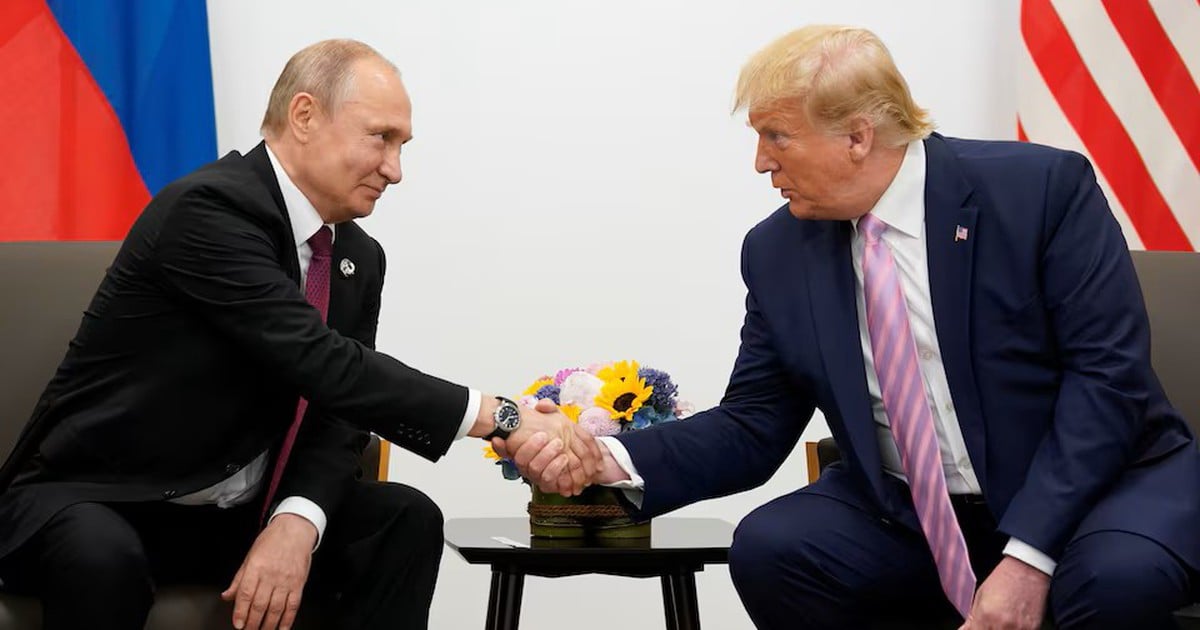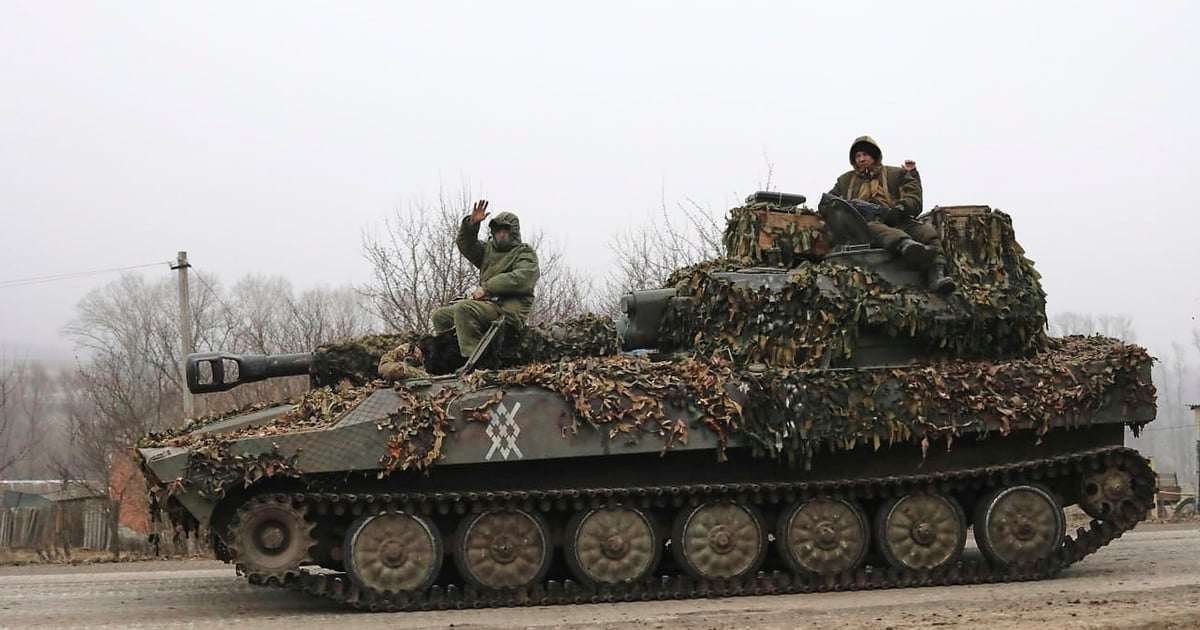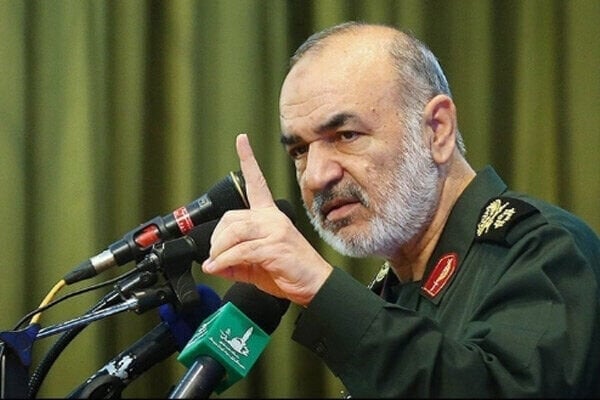After France, Germany is the second European Union (EU) member to sign a security and defense cooperation agreement with the UK.

British Prime Minister Keir Starmer, US President Joe Biden, German Chancellor Olaf Scholz and French President Emmanuel Macron in Berlin, Germany on October 18, 2024
In essence, the agreement between the UK and France and the agreement between the UK and Germany are not much different in purpose and content. They include cooperation in the production of new modern weapons and military equipment, joint exercises, and coordination of military actions both bilaterally and within the framework of NATO, of which all three are members. All three consider this bilateral security and defense cooperation as the pillar of European security, the nucleus for the convergence of European potential and strength within NATO.
For the UK, such agreements on security and defense help the island nation to maintain its foothold and not be left out of the political, security, military and defense game in Europe after the UK leaves the EU (Brexit) and at the same time leaves the common mechanisms and frameworks of cooperation of EU members on security, military and defense.
Both France and Germany need such cooperation with the UK for their security goals in Europe, as the UK has nuclear weapons as well as strong military and defense capabilities within NATO. Of course, France and Germany also pursue their own goals and interests in building and promoting security and defense cooperation with the UK in the post-Brexit era.
What the trio has in common is the realization that European countries must truly take matters into their own hands in ensuring their security, and therefore must join forces. This need has emerged and become more urgent because of the war in Ukraine, and because of new concerns about their strategic military ally, the United States, in the context of the likely protracted war in Ukraine and the looming but unpredictable US presidential election. This context forces them to proactively take care of both the near and the far.
Source: https://thanhnien.vn/tu-than-van-dong-185241024210329453.htm
























































































Comment (0)